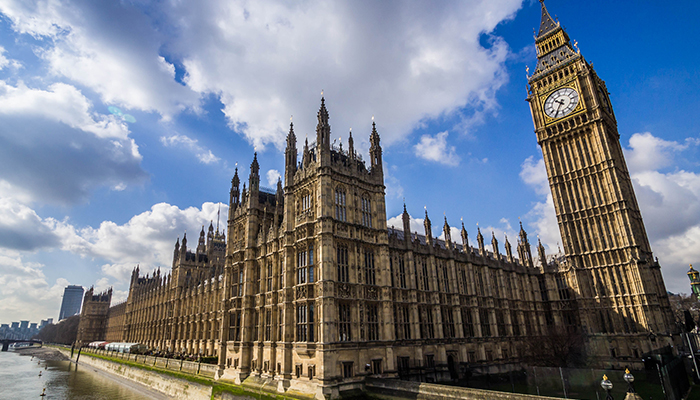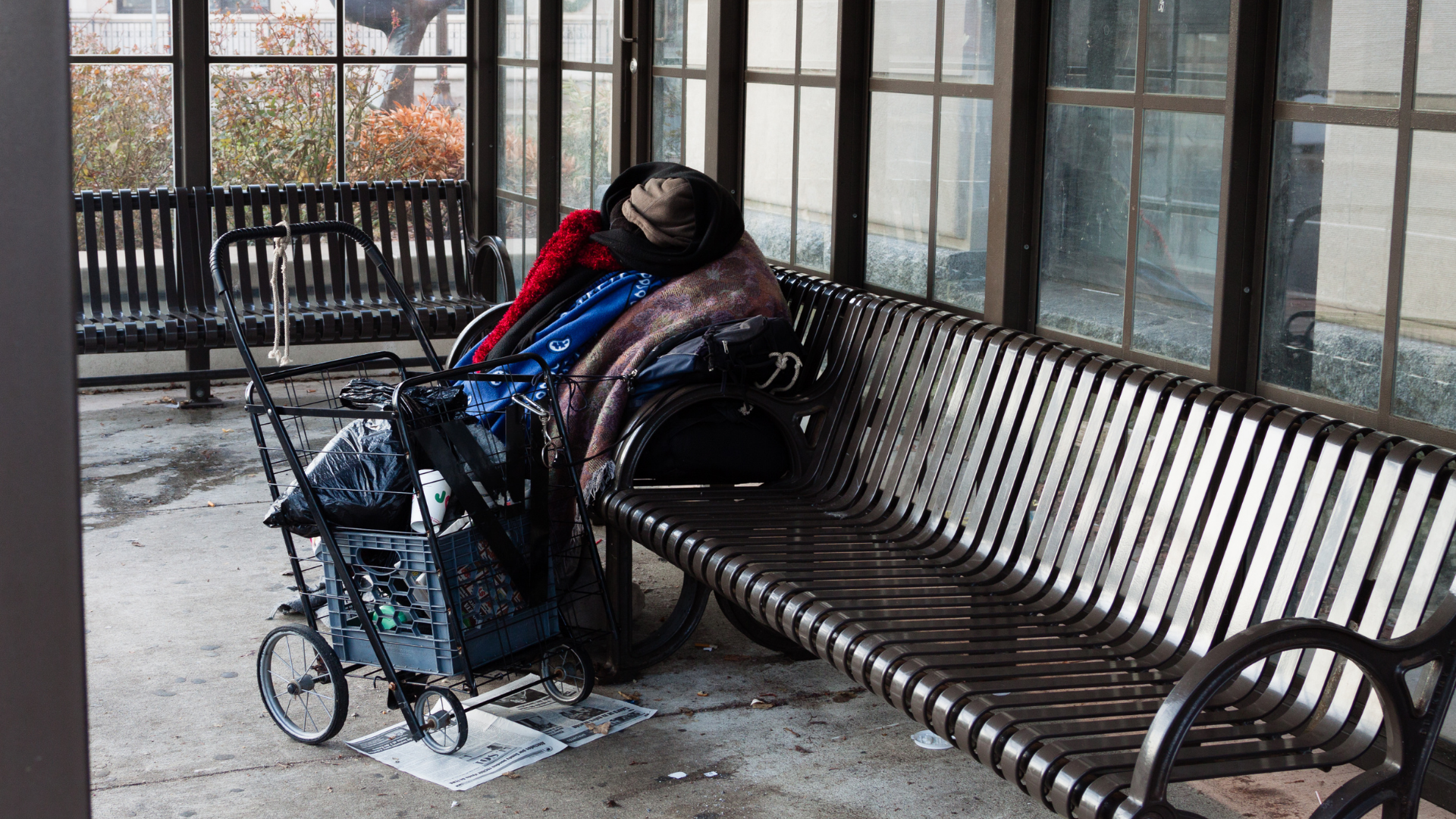The housing system in England, and particularly in London, has become increasingly reliant on the private rented sector (PRS) to house low-income households who cannot be accommodated in social housing. Nearly 30% of London homes are privately rented, and an increasing number of families with children live in the sector.
With the publication of A Fairer Private Rented Sector, the white paper for the Renters Reform Bill, the government has announced plans to make renting privately more secure. Fixed-term leases will be replaced with indefinite contracts, eliminating no-fault evictions and tightening quality standards. On top of this,landlords will be required to register their properties on a digital portal and join a national ombudsman scheme.
Local London Renting under Covid, a new LSE London research report funded by Trust for London, gives some insight into how London landlords working at the lower end of the private rented sector, where problems are concentrated, may respond to the changes. There is a large amount of research into conditions for lower-income tenants, but much less is known about their landlords, most of whom are individuals with only one or two properties.
Over the last several years, governments have enacted a series of regulations and taxes affecting private landlords. Some of these new rules aimed to modify landlords’ behaviour and improve quality in the PRS. Others, such as welfare reform and Right to Rent checks, are not housing measures at all. Taken together, the changes have reduced the economic incentives to enter or remain in the landlord business.
Using a mixture of surveys and interviews, our research aimed to explore the effects of these changes on the lower end of the London rental market, where tenants are least able to exercise choice. The research focused on three neighbourhoods: Thamesmead East (Bexley), an outer-London neighbourhood with 1970s single-family homes and a high proportion of Black African and Black Caribbean households; Walworth Road and Old Kent Road (Southwark), inner-London streets where most of the flats are above shops and accommodate a mix of ethnicities; and Ilford (Redbridge), a former industrial centre in outer London with Victorian houses and a high proportion of residents from the Indian subcontinent. This focus on particular neighbourhoods is unusual: most research into landlords is at national level.
The surveys were sent to landlords registered with the local authorities, so this was not a random sample: the respondents knew of and complied with licensing requirements and were probably more likely to be ‘good landlords’ in other ways. The research was conducted during a period of Covid restrictions, but landlords in all three areas said their business models had been more affected by changes to the tax treatment of mortgage interest and the cumulative requirements of new regulations (including the anticipated withdrawal of ‘no-fault’ evictions) than by the consequences of Covid.
The research was undertaken when interest rates were very low but since then the macroeconomic situation has changed. Buy-to-let mortgage rates are likely to increase over the next year as the Bank of England raises rates to address dramatically higher inflation, and with increased mortgage payments but limited tax deductibility more landlords with mortgages may consider whether they can afford to remain in the business.
The many taxes, regulations and incentives affecting the PRS do not form a coherent framework for the sector, and their goals are poorly understood by landlords. The Renters Reform Bill represents another piecemeal change. It will improve things for many private tenants, but by incentivising some small landlords to leave the sector may have the unintended consequence of making it harder for lower-income people to become tenants in the first place.
| The report’s policy and research recommendations |
|---|
| 1. How to monitor the changing composition of the PRS in local areas, and what this means for low-income tenants; 2. Comparative research into the characteristics of the PRS in neighbourhoods with different ethnic profiles (are there culturally specific patterns of demand and supply?); 3. The role of letting and managing agents in letting property to lower-income households. |
| 🔴 The many taxes, regulations and incentives affecting the PRS do not form a coherent framework for the sector, and their goals are poorly understood by landlords. Policymakers should set out their vision for what part the PRS, and private landlords, should play the housing system, and review the various policy instruments in the round to ensure they contribute to achieving that vision. |
| 🔴 The PRS increasingly accommodates lower-income households and families with children, who benefit most from certainty about their housing. Government should work with tenants, landlords and other stakeholders to develop policies that incentivise small landlords to provide the tenure security they need. |
| 🔴 Government should reconsider the purposes of licensing and how best to achieve them—especially as it has announced that it will consult on introducing a national register (DLUHC 2022). Registers should be designed to enable local authorities to communicate with landlords more easily. The current regime is poorly targeted, if the goal is to improve the worst properties. Local authorities themselves decide whether to adopt licensing; that decision seems to relate as much to political control as to conditions in the PRS. In any case licensing alone cannot address poor-quality landlords or anti-social tenants; it must be coupled with well-informed, timely enforcement and routine inspection. |
| 🔴 Topics for future research include: |






The issues from these policies are playing out in the market right now. Huge shortage of rental properties and high a demand. Coupling with a high interest rate which is pricing out first-time buyers from the market, its a pressure cooker.
We are seeing people having to put 6 months rent up front due to competition to get a rental property.